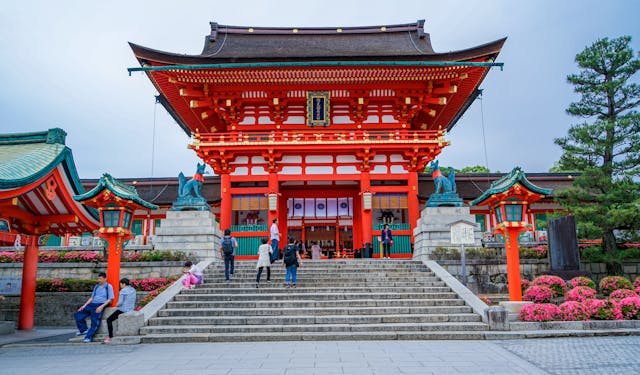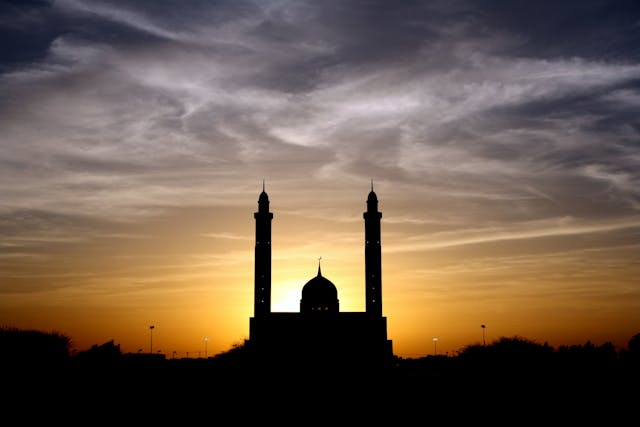Sacred Spaces: The Role of Temples, Mosques, and Churches in Community Building
Temples, mosques, and churches are more than places of worship. For centuries, they have served as the heart of communities—offering spiritual guidance, emotional support, education, and a sense of belonging. Whether you follow a faith or not, these sacred spaces often play a major role in shaping the lives of those around them.
In today’s fast-paced world, where people can feel isolated or disconnected, these religious centers continue to offer stability, purpose, and unity.

Spiritual Support and Guidance
A Place to Find Meaning
At the most basic level, temples, mosques, and churches help people connect with something greater than themselves. They offer:
- Rituals and prayers that provide comfort during hard times
- Teachings that help individuals live ethical, meaningful lives
- Spiritual leaders who give guidance and support during life’s ups and downs
These spaces help people find hope, especially in times of crisis or loss. They offer a chance to reflect, ask deep questions, and grow spiritually.
Community and Belonging
A Home Outside the Home
Many people turn to religious centers not just for worship, but for community. These spaces often serve as gathering spots where people form friendships, celebrate important events, and support one another.
They often offer:
- Group meals and festivals
- Social events and youth groups
- Support during weddings, funerals, and major life events
For new immigrants, refugees, or people living far from family, a local church, mosque, or temple can become a second home—a place where people speak their language, share their culture, and help each other feel seen.
Education and Mentorship
Learning That Goes Beyond Religion
Religious centers often provide education—not only about faith, but also about life skills and values. Many offer:
- Sunday schools or Quran classes for children
- Adult education, such as language classes or job skills workshops
- Mentorship programs that help young people stay on the right path
Through these efforts, temples, mosques, and churches help raise generations of thoughtful, responsible individuals.
Charity and Social Services
Helping the Needy
One of the strongest ways sacred spaces build community is through charity. Many religious teachings emphasize caring for the poor, the sick, and the lonely. As a result, churches, mosques, and temples often:
- Organize food drives and soup kitchens
- Offer shelter or clothing donations
- Provide emergency funds for people in crisis
- Run health clinics or counseling services
These services help not only followers of that faith, but often anyone in need—regardless of religion or background.

Promoting Peace and Understanding
Bridging Divides
In a world full of conflict and division, sacred spaces can be powerful forces for peace. Many host interfaith dialogues, community peace marches, and cultural exchange programs.
They remind us that even with different beliefs, we share common values like love, respect, and kindness. When religious communities work together, they can help reduce fear, prejudice, and hate.
Conclusion
Temples, mosques, and churches are more than beautiful buildings. They are living centers of connection, support, and growth. In every corner of the world, these sacred spaces help people feel less alone, more supported, and more hopeful. Whether you visit often or not at all, their impact is all around you—in the kindness of neighbors, the strength of communities, and the quiet, steady presence of faith.
In times of joy or sorrow, celebration or struggle, sacred spaces continue to play a vital role in bringing people together.












